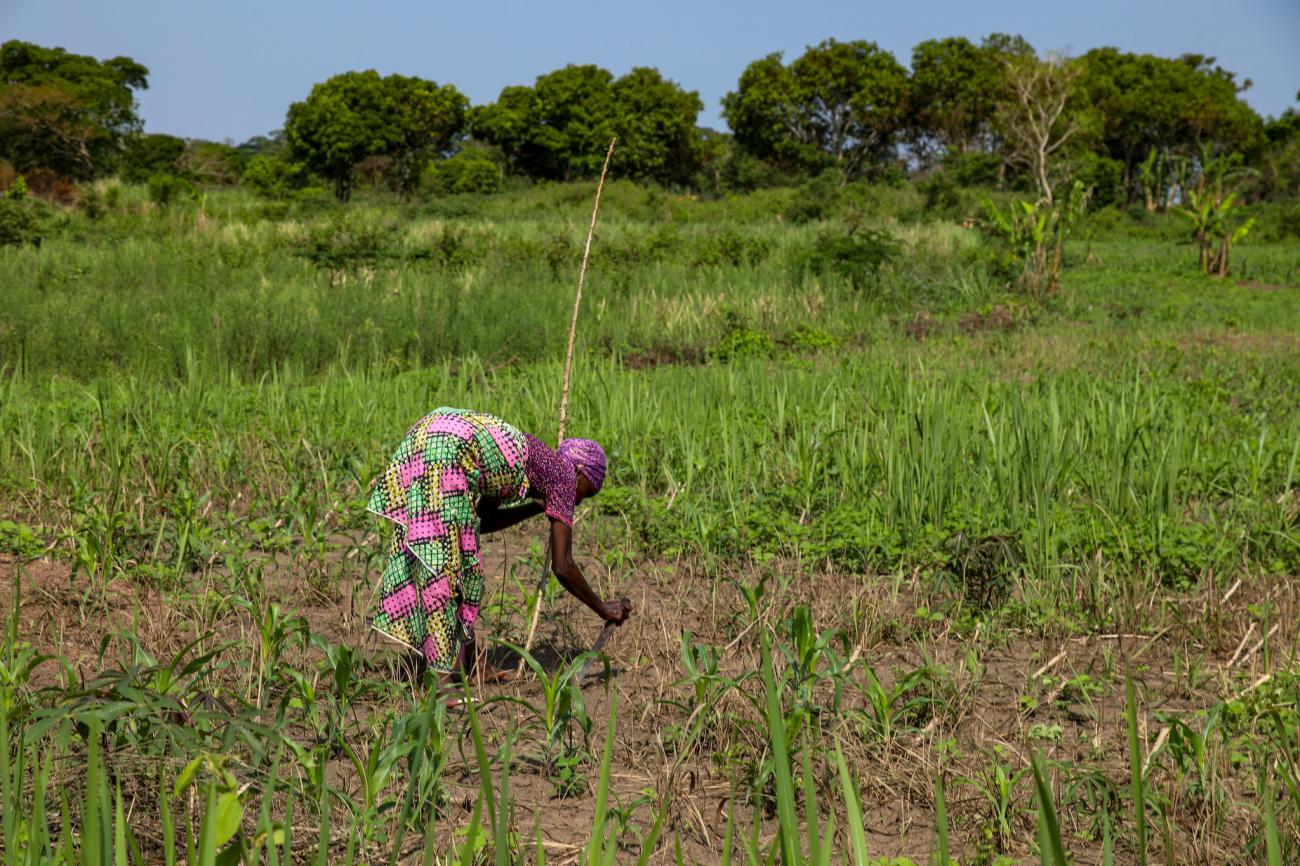Land restoration for post-Covid rural and indigenous women’s empowerment and poverty reduction in Cameroon

Context
Cameroon has committed to restoring 12 million ha of degraded lands across its agroecological zones as part of the African Forest Landscape Restoration Initiative (AFR100) under the Bonn Challenge. Rural women are key actors in meeting this objective because of the important role they play in agriculture, food security and land management, and related land and tree tenure issues. Nevertheless, overall power imbalances and other sociocultural and institutional factors often limit rural women’s participation in land restoration. Yet, studies show that appropriate technical and material support to rural women’s associations through their linkages to more established NGOs, can incentivise their participation.
This project seeks to research factors that have contributed to women and minority group-led land restoration successes and failures in Cameroon, and how to increase their post Covid-19 economic prosperity through increased participation in tree-based business and restoration of degraded lands in the country.
The results of the study will be advocated to policy makers and NGOs to influence the development of policy, regulations and business cases for increased participation of rural women and minority groups in land restoration activities, to increase their benefits from these activities, while reducing food and nutritional insecurity in targeted areas.
The project will also contribute to informing important policy engagements such as the Cameroon restoration commitment, the National Adaptation Plan and the National Determined Contribution, by helping to identify gender-sensitive restoration options relevant in each agroecological zone that can be replicated by other projects or programmes.
Objectives
The general objective of the project is to inform policy and/or business practice that foster women and minority groups’ participation in, and benefits from, land restoration initiatives in a post Covid-19 context.
Four main research questions will guide us in meeting the above objective:
- What are gender-based and context-specific constraints and opportunities (agroecological, technical, policy, cultural, economic, knowledge) to land restoration in the three agroecological zones in Cameroon and what type of interventions can be developed to address such constraints?
- How have Covid-19 related restrictions affected rural women and minority groups’ workload and capacity to participate in land restoration activities, and what can be learnt from their adaptation strategies and from the organisations supporting them to better react to subsequent and similar health shocks?
- How can rural women and minority groups be effectively empowered to run social enterprises and land restoration initiatives, taking into account existing policy measures and/or planned programmes to enhance land restoration, such as the National Development Strategy 2020-2030.
- How can knowledge generated from this study be effectively disseminated and used to shape and enforce policy (existing or new) that foster women and minority groups’ participation in and benefits from land restoration initiatives in a post Covid-19 context?
Partners
A multi-disciplinary and multi-stakeholder team of researchers and development actors will use its diverse skill set to contribute to the project objectives. They include Centre d’Appui aux Femmes et aux Ruraux (CAFER), World Agroforestry (ICRAF) and Actions pour la Biodiversité et Gestion des Terroirs (ABIOGeT).
End-users of the results will include: organisations supporting land restoration initiatives; policy makers; private sector actors; national research institutions; universities and agricultural schools; communities, women and minority groups in particular.
Activities
The project uses a three-pronged action-research approach:
(i) study on-going landscape restoration initiatives to identify challenges and opportunities in support of a post-COVID response to enhance women and minority groups’ economic empowerment through land restoration;
(ii) test proposed solutions with communities in each of the target zones and generate scientific evidence and scalable knowledge; and
(iii) draw lessons for policy and scaling.
Contact
Dr. Albertine Tchoulack - Director, CAFER
altchoulack@cafercameroun.org
Dr Divine Foundjem Tita - Scientist Institutions, Markets and Policies, ICRAF
d.foundjem@cgiar.org

